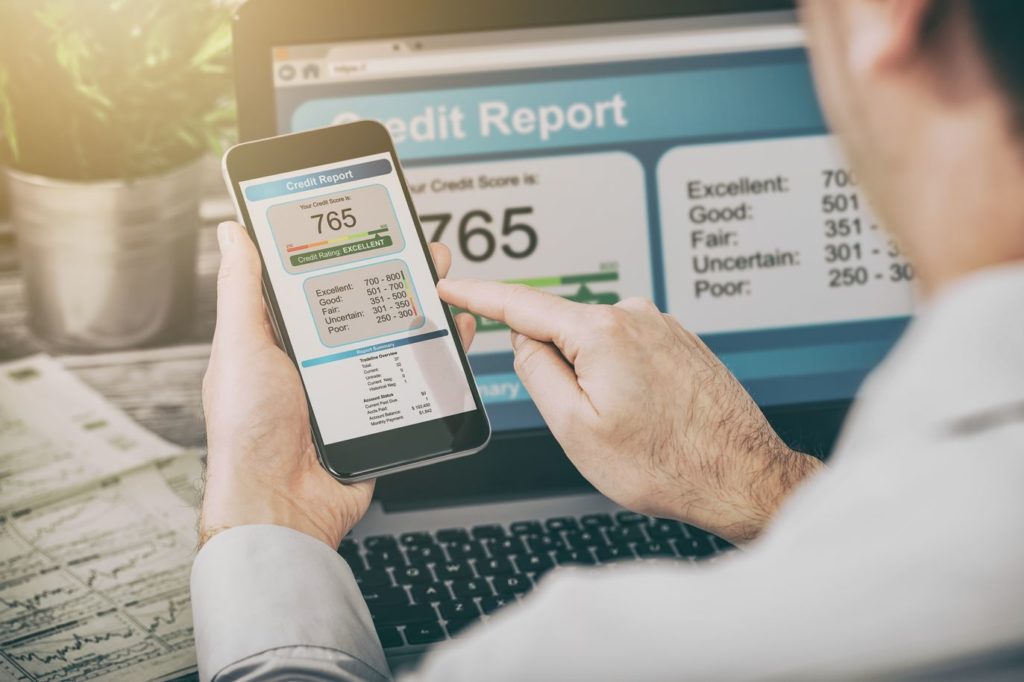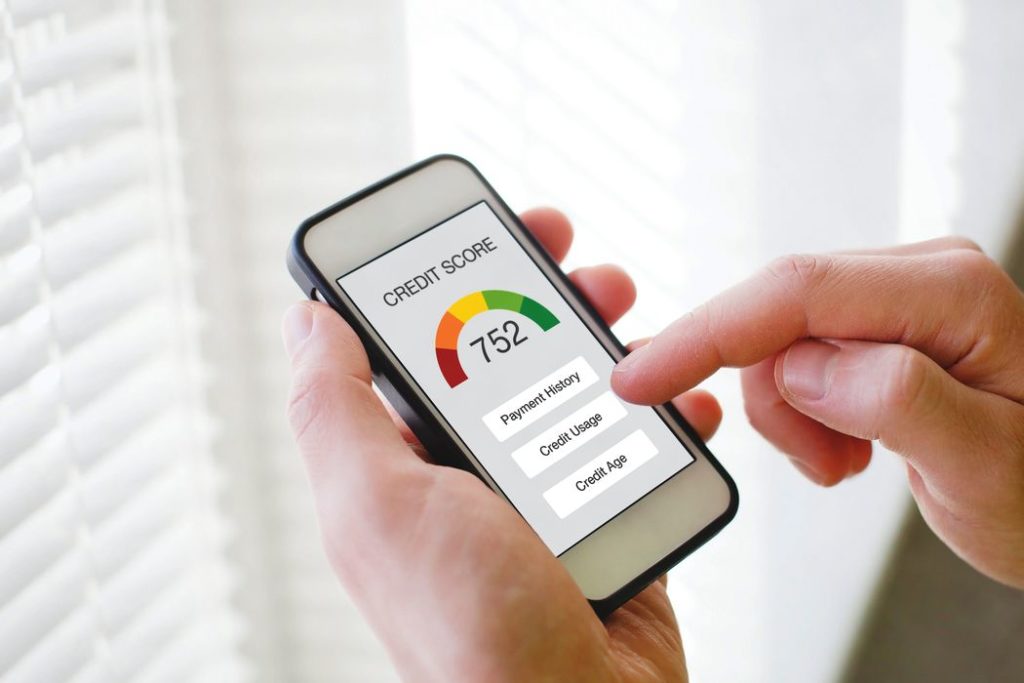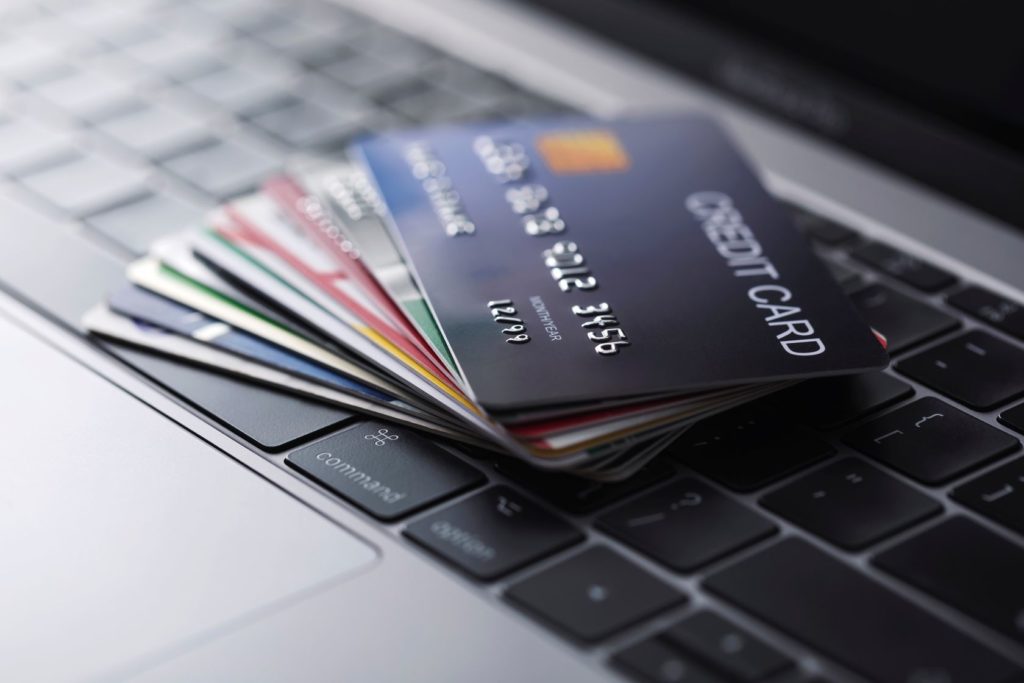The Best Ways To Improve Your Credit Score
You’ve heard it before: A good credit score is really, really important.
But why? What’s all the fuss about when it comes to credit scores, and why should you even care?
The simple truth is this: A higher credit score means you could have access to better credit products, which can translate into money saved – and more cash you can stash away for things you need or want.
Here are eight important steps you can take to start improving your credit score, which will ultimately make you appear more financially stable and trustworthy to major lenders and providers.

Request A Credit Report & Take Action
Request a credit report, and then take some time to review it thoroughly. Look beyond just the credit score to get a sense of how you’re being seen by creditors. Additionally, closely reviewing the report could reveal an error that you might be able to appeal.
If your credit report includes individualized recommendations for you, consider acting on them as soon as possible. Check to make sure that completing any of the recommendations won’t jeopardize your credit score.

Keep Your Credit Score In Good Standing
Once your credit score has improved, you can maintain your current credit score by not missing a payment, keeping your spending within a limit you can successfully maintain, and avoiding overdraft fees that can quickly add up.

Use A Credit Builder Card & Stop Applying For Anything And Everything
A credit builder card is designed to help individuals with bad credit build up their credibility, so to speak. Even if your current credit score is far from good, you may be eligible for this type of card, which can help you prove that you’re a worthy credit recipient.
Multiple credit applications are not your friend. Period. Multiple credit rejections will be noted on your credit file, resulting in damage to your credit score while also making you appear desperate to lenders. Eligibility tools such as moneymatcher can help you identify the credit applications that best meet your criteria.

Don’t Forget About The Penalty Fees
Paying off penalty fees and interest can put you in a better position when it comes to improving your credit score. Take some time to review the fees and penalties attached to any credit product or personal loan you’re taking on. Your lender should provide you with documentation that includes this information.

Disassociate Yourself From Others Who Might Have Bad Credit
It might not be top of mind, but it’s definitely worth thinking about: Your association with another person such as an ex-partner or former housemate who has a bad credit rating could drag your score down. To disassociate yourself from another person, contact the credit agency linked to the account provider, whether it’s Equifax, Experian, or Transunion.

Keep Track Of Your Overall Spending
It may be easier said than done, but this one simple rule can help you get – and maintain – a good credit rating: Reduce unnecessary spending on your credit cards. Increasing your credit card debt will make it more difficult to pay back the amount you owe while also increasing the likelihood that you could incur penalties because you’re late with a payment, or you’ve missed a payment altogether.
